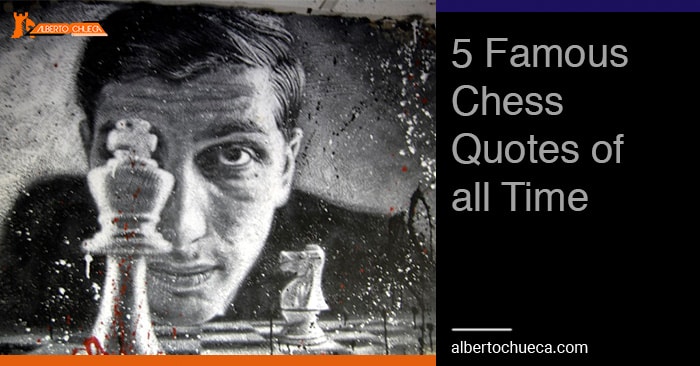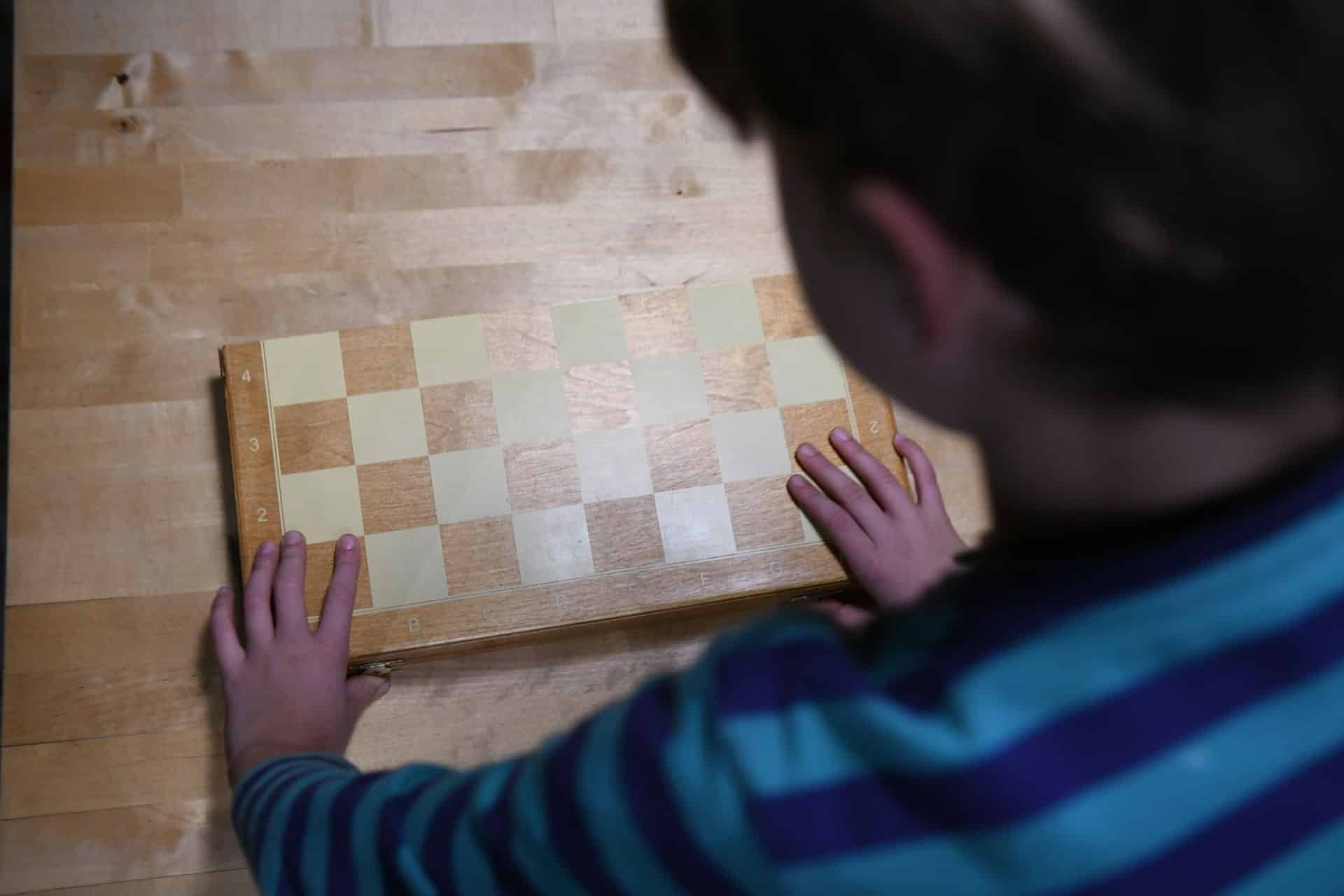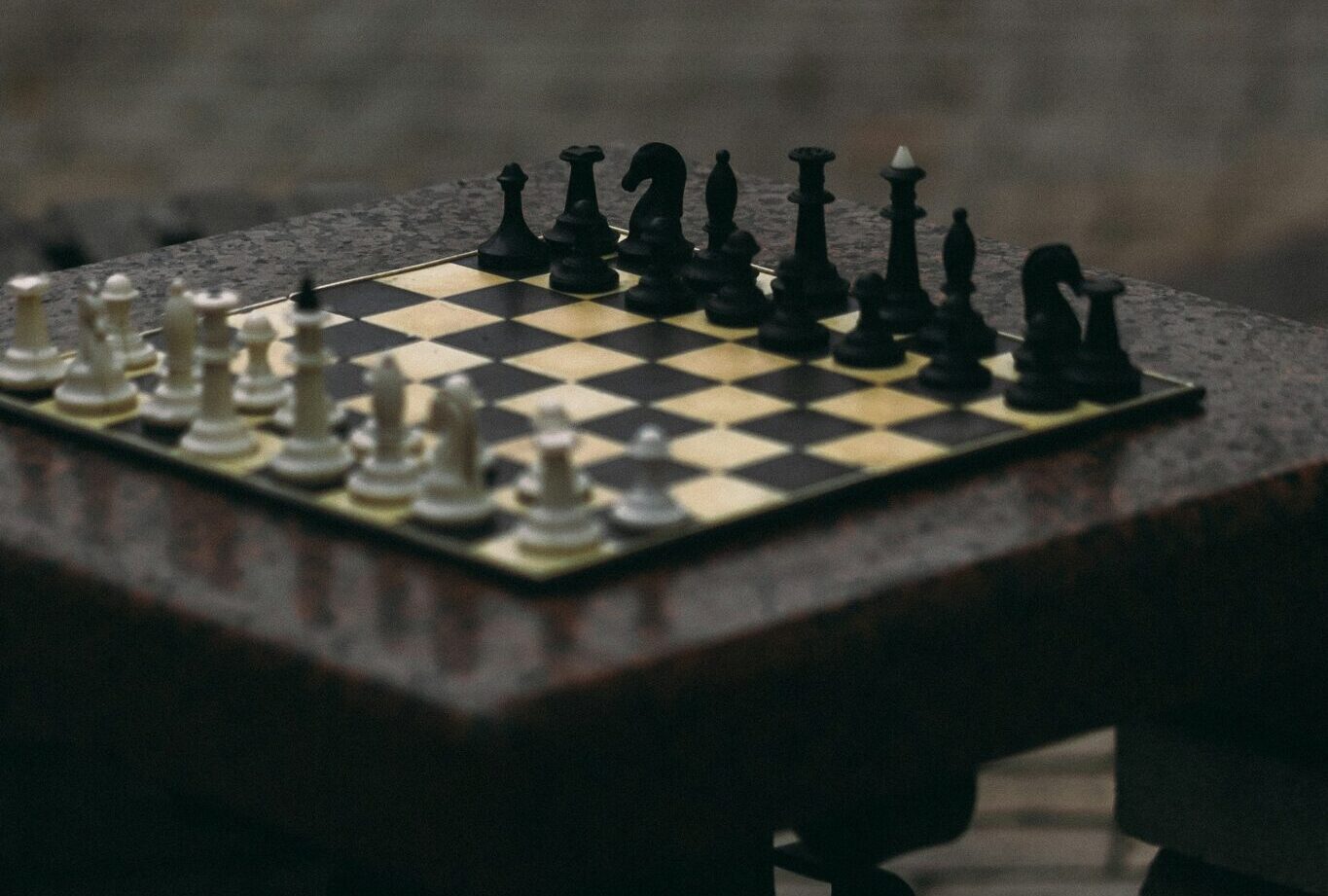Table of Contents
Chess quotes in our chess culture
What is the purpose of quotes? Quotes help us to remember and signify things. They're so iconic in our brain that they simply stick. We abide by all kinds of quotes in life, whether it be religion, good virtues, or simply everyday life. These chess quotes listed might seem cliche sometimes, however, they can be very powerful. They are so true!
We should try to live by some of these chess quotes, as they can be applicable to our chess games and chess habits, so open your ears and listen to the chess wisdom brought to you!
Chess Quote #1
This chess quote, by Bernhard Horwitz, says “One bad move nullifies 40 good ones“.
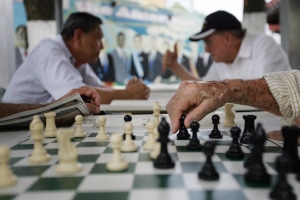
Horwitz was a German chess master and writer in the 1800s. He wasn't very famous as one of the world champions, though he was known for his studies.
His saying is very relatable to all chess players. You can play a great game for 39 moves, play a perfect opening you memorized, apply strategic or tactical concepts your coach taught you to reach a favorable endgame. Then, one blunder completely turns the game around.
This is why chess can be so depressing and why so many people quit. People can't stand having games ruined by one little mistake! However, it's best to learn from your mistakes rather than pouting about your losses. If you have a blundering issue, work on it, make sure your pieces are protected, practice tactics, etc.
Chess Quote #2
Bobby Fischer needs no introduction. He was the bonafide best American player in his time, the 1960s-1970s, and was the only world chess champion to represent the United States of America.
His saying was “I don't believe in psychology, I believe in good moves“.
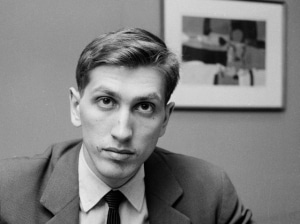
This really sticks because, in chess, psychology does inevitably play a key role. The most common method is when a higher rated player plays a lower-rated player, the higher-rated player has a psychological advantage most of the time.
However, when we really look at it, all chess boils down to is playing good moves. Many players try certain psychological tricks to gain a competitive advantage on their opponents, whether it be taunting their opponents before the game, maybe certain little distractions, maybe even playing an offbeat opening. However, when push comes to shove, whoever plays the best moves in the game of chess generally wins.
Chess Quote #3
This chess quote was said by Savielly Tartakower, who was a prominent Grandmaster having represented Austria, Poland, and France in the early 1900s.
His famous quote was “No one has ever won a chess game by resigning“. When you first hear this quote, you might be thinking to yourself, “well, that's such an obvious statement, why is it such an iconic quote?”.
This is the type of quote that coaches use to motivate their students. Many students see the resign button on an online chess server, or the option to resign in an OTB game as a fancy way of saying “I quit”. However, resignation is reserved for stronger players who do not want to display poor sportsmanship when they know they are going to lose.
We should teach beginners not to resign! When a beginner resigns a losing position, he is missing out on countless possible opportunities for his opponent to mess, and spoiling winning positions at the beginner level is common. You may still lose most of the time, but you will always appreciate that one time you refused to resign, and got rewarded accordingly.
Chess Quote #4
This chess quote was also said by Tartakower, which is that “The blunders are all there on the board, waiting to be made“.
This is very relatable as a chess player. Why are so many blunders made? We can blame it on a lack of concentration, maybe not a lot of experience, and those points are true, but a simple answer is that there are a lot of them available on the board! If you really think about it, only a small percentage of first moves are actually alright to make. And it branches out from there.
Chess Quote #5
We head into our last quote by Charles Buxton, who was a philanthropist and writer, apparently not a high-level chess player, but he clearly knew a thing or two about the game. His famous quote was “In life, as in chess, forethought wins“.
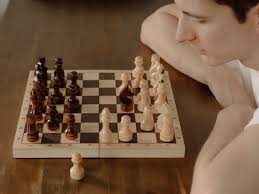
Oh, this is so true! Us chess players are taught to calculate variations. Try to see the chessboard ahead as much as we can without moving pieces, because winning chess games is about predicting the future accurately. In chess, if you fail to do so, you will lose.
This applies also to life. We can name countless life circumstances. The decisions you make can be very critical and should be done with the proper forethought.
So now what
Now that you have learned of these quotes, study them, search google for some more, and expand your chess wisdom. It is true that knowing these quotes by heart may not raise your rating by 100 ELO points. However, it's still good to know the complexity and beauty of the game. And simply learn more about chess in the process!

